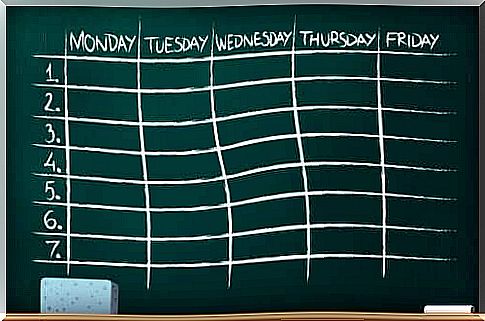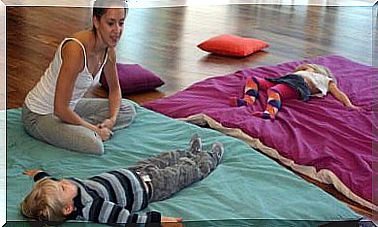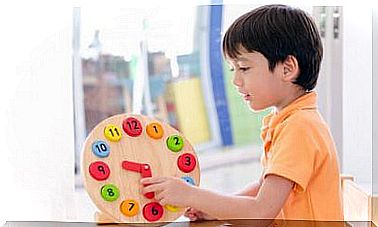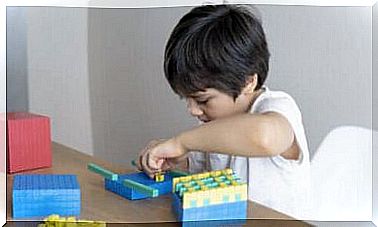How To Handle A Study Session Efficiently

Current teaching trends are opting for a targeted education, in which the teacher is seen as a guide for the student’s learning process, as opposed to older methodologies in which the subject was taught in ‘lecture classes’ . However, for this, it is necessary to teach children how they should handle a study session efficiently.
There are many learning methodologies that are currently being considered: active, constructivist, reflective…, very much in line with Gardner’s Multiple Intelligences Theory. This shows that there is not only one correct method to teach or to learn, as we must adapt them to our abilities and conditions.
To find out which methodology best suits each of us, we need to start the house from the foundation and not the roof.
Through a simple exercise of reflection and self-criticism, we must evaluate honestly as we are doing our lesson from home for the best possible results with minimal effort. Is there time to play and study?
Planning an efficient study session
The answer is yes. Everything is just a matter of organization. To do this, we advise that your children start making a simple schedule of activities they do in the afternoon, but only those that are not related to the terrible homework.
They should make a list of extracurricular activities they would like to do and feel they don’t have time for.

The schedule should include from the time they arrive from school until dinnertime for elementary school children and cover a little more time after dinner for high school children. Although you may find that, with good organization, this time is rarely needed for homework.
So, we must register the time we will dedicate to studies in the weekly schedule, establishing a greater number of hours for the most difficult tasks and fewer hours for subjects with simpler content. This planning helps children to get good study habits and measure effort.
- The most difficult subjects should receive a greater number of weekly sessions , but shorter.
- On the other hand, we can devote more time per session to the simpler ones, but with fewer weekly sessions.
- Experts recommend an average daily study period lasting between 30 minutes and 2 hours for elementary school students. And 1.5 to 3 hours for high school. This can vary if it’s exam season or if it’s an ordinary study week.
- It is best not to sit down to study after eating as this increases the feeling of sleep. It is preferable to reserve this time to rest a little and be more refreshed before starting to study.
What should we do when it’s time to sit down to study?
Students are like an elite athlete: they need a good place to train, warm up, stretch and enjoy peak performance.
It is estimated that children can concentrate for periods of 40 minutes to 1 hour, with intervals of 5 to 10 minutes. And it’s a good idea to start with a simple task that doesn’t take more than 15 minutes, such as a warm-up, and end with an easy mind-stretching read.
The study location must be tidy to avoid distractions. Currently, information comes through multiple channels: television, internet, mobile workgroups, social networks…
All these means can be used like ICT to implement their study sessions, but we must teach them to be selective with the information they receive, otherwise they will all be nothing more than a mere distraction.
The place of study must meet the requirements that stimulate the desire to study and improve concentration:
- It should be well lit. Of course there’s nothing better than natural light, but we can replace it with a blue light fixture.
- It is necessary to avoid reflections on the paper, so that we are going to focus in a central position or on the opposite side of the hand we are writing with.

- We must remember to ventilate the room during the break to regain strength and oxygenate the room. So let’s create a healthier environment.
- It is not good to study with music or radio, as this can distract us from the content we are covering. However, if they are practical exercises, we can try to study with instrumental music in the background.
- The study table should have everything we’ll need: pencils, colored pens, markers… That way, we’ll avoid getting up too often to look for the material and we won’t break our concentration.
- Should the comfortable feel but not too comfortable, otherwise we will want to take another ‘snooze’. The chair should be ergonomic and the room should be at a temperature of around 22°.
Motivation and academic performance in a study session
Both factors are, without a doubt, the most important for handling a study session efficiently and for being successful at any educational stage. Murillo (2013) described performance as “ the sum of different and complex factors that act on the person who is learning. It is a value attributed to the student’s performance in academic tasks.”
However, we must not lose sight of the motivation and these inspiring words of educator Paulo Freire: “ Study is not measured by the number of pages read in a night, nor by the number of books read in a semester. Studying is not an act of consuming ideas, but of creating and recreating them”.









